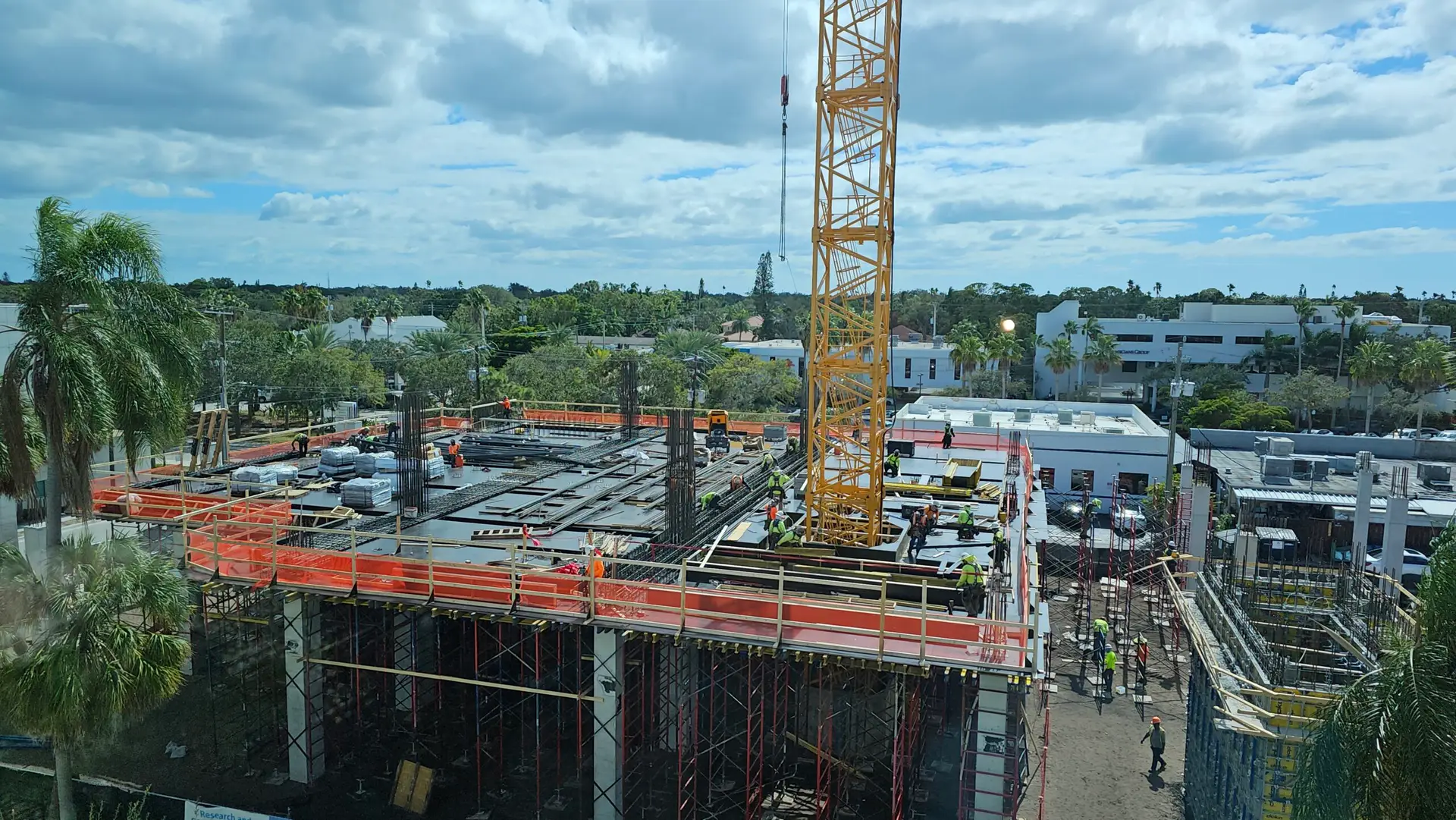Traditional commercial mortgage
Traditional commercial mortgage
Traditional Commercial Mortgages are standard loans provided by banks, credit unions, or other financial institutions to businesses for the purpose of purchasing or refinancing commercial real estate. These mortgages are similar to residential mortgages but are tailored to meet the specific needs and complexities of commercial properties. Traditional Commercial Mortgages play a significant role in financing various types of commercial real estate, including office buildings, retail centers, industrial facilities, and more.
Here are key features of Traditional Commercial Mortgages:
Property as Collateral:
- The commercial property being financed serves as collateral for the loan. In the event of default, the lender may take ownership of the property through foreclosure.
Loan Terms:
- Traditional commercial mortgages typically have longer terms compared to residential mortgages. Terms can range from 5 to 20 years, and amortization periods may extend up to 25 or 30 years.
Interest Rates:
- Interest rates can be fixed or variable, depending on the agreement. Fixed rates provide stability, while variable rates may change based on market conditions.
Loan-to-Value Ratio (LTV):
- Lenders assess the loan amount relative to the appraised value of the property, known as the loan-to-value ratio. Commercial mortgages often have lower LTV ratios compared to residential mortgages.
Down Payment:
- Borrowers are typically required to make a down payment, usually ranging from 15% to 35% of the property’s purchase price. The down payment requirement may vary based on factors such as the property type and the borrower’s creditworthiness.
Debt-Service Coverage Ratio (DSCR):
- Lenders evaluate the property’s ability to generate sufficient income to cover the mortgage payments and operating expenses. The debt-service coverage ratio is an important factor in assessing loan eligibility.
Use of Funds:
- Traditional commercial mortgages can be used for various purposes, including acquiring new properties, refinancing existing debt, or financing property improvements.
Prepayment Penalties:
- Some commercial mortgages may have prepayment penalties or fees if the borrower repays the loan before the agreed-upon term. Prepayment terms vary, and borrowers should carefully review these provisions.
Qualification Criteria:
- Borrowers must meet specific eligibility criteria, including a strong credit history, financial stability, and a demonstrated ability to manage and operate the commercial property successfully.
Legal and Regulatory Compliance:
- Commercial mortgages are subject to legal and regulatory requirements, and lenders often conduct thorough due diligence to ensure compliance with applicable laws.
Traditional Commercial Mortgages are suitable for established businesses seeking to acquire or refinance commercial properties. The terms and conditions of these mortgages may vary among lenders, so businesses often shop around to find the most favorable terms for their specific needs. Additionally, borrowers may work with commercial real estate brokers or financial advisors to navigate the complexities of commercial mortgage financing.

